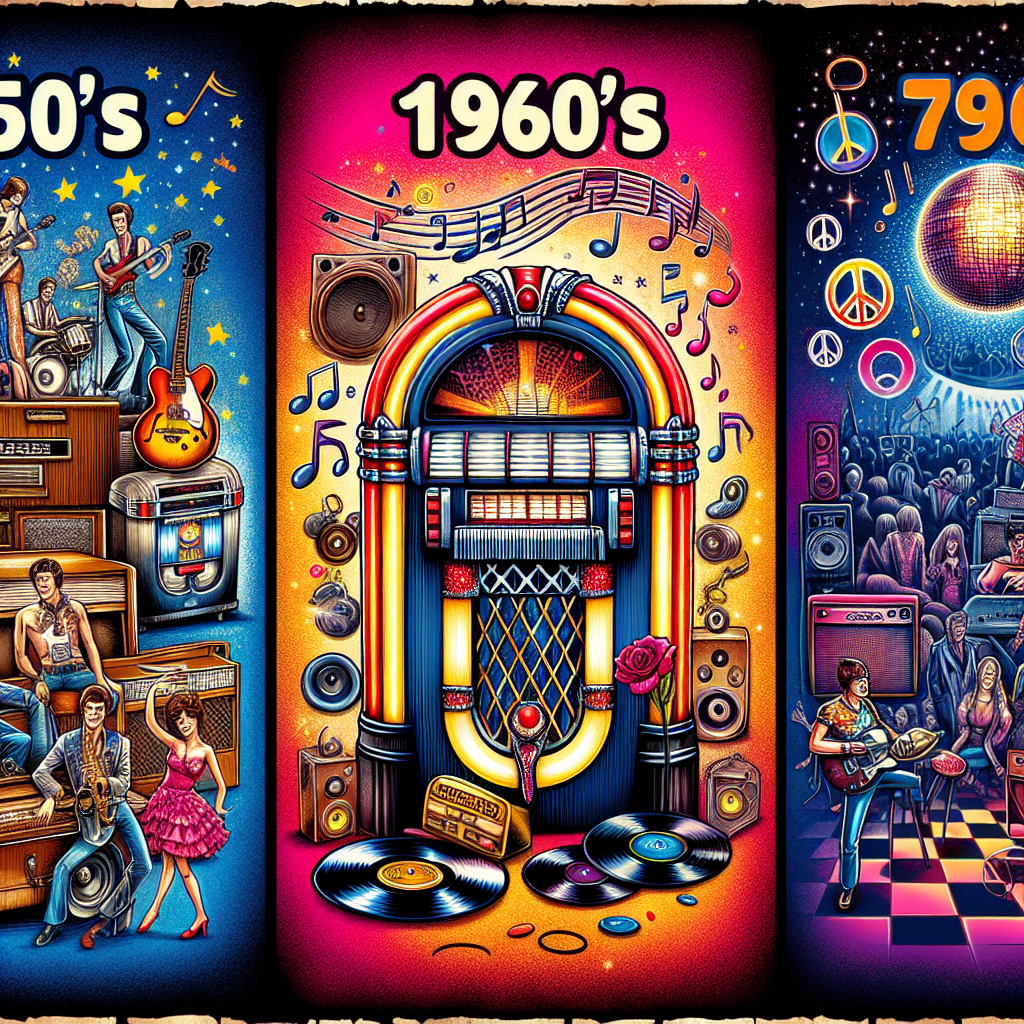The 1970s was a decade of cultural revolution, with artists pushing boundaries and challenging the status quo in music, fashion, and politics. The music of this era was no exception, as revolutionary artists emerged to shape the soundtrack of a generation.
One of the most iconic bands of the 70s was Led Zeppelin, known for their heavy rock sound and epic live performances. Their influence on music can still be felt today, with many modern bands citing them as a major inspiration. Led Zeppelin’s music captured the rebellious spirit of the times, with songs like “Stairway to Heaven” becoming anthems for a generation.
Another groundbreaking artist of the 70s was David Bowie, who constantly reinvented himself and pushed boundaries in both music and fashion. Bowie’s flamboyant style and gender-bending persona challenged traditional notions of masculinity and femininity, inspiring a whole new generation of artists to embrace their individuality.
The political landscape of the 70s also had a significant impact on music, with artists using their platform to speak out against war, injustice, and inequality. Bob Dylan’s protest songs became rallying cries for those fighting for civil rights and peace, while Marvin Gaye’s “What’s Going On” addressed social issues such as poverty and police brutality.
Technology also played a key role in shaping the music of the 70s, with advancements in recording equipment allowing artists to experiment with new sounds and techniques. Electronic music pioneers like Kraftwerk used synthesizers and drum machines to create futuristic sounds that would pave the way for genres like techno and house.
Overall, the revolutionary artists of the 70s helped to define an era that was characterized by creativity, innovation, and social change. Their music continues to inspire generations of musicians and fans alike, proving that art has the power to transcend time and connect people across cultures.


Get involved!
Comments